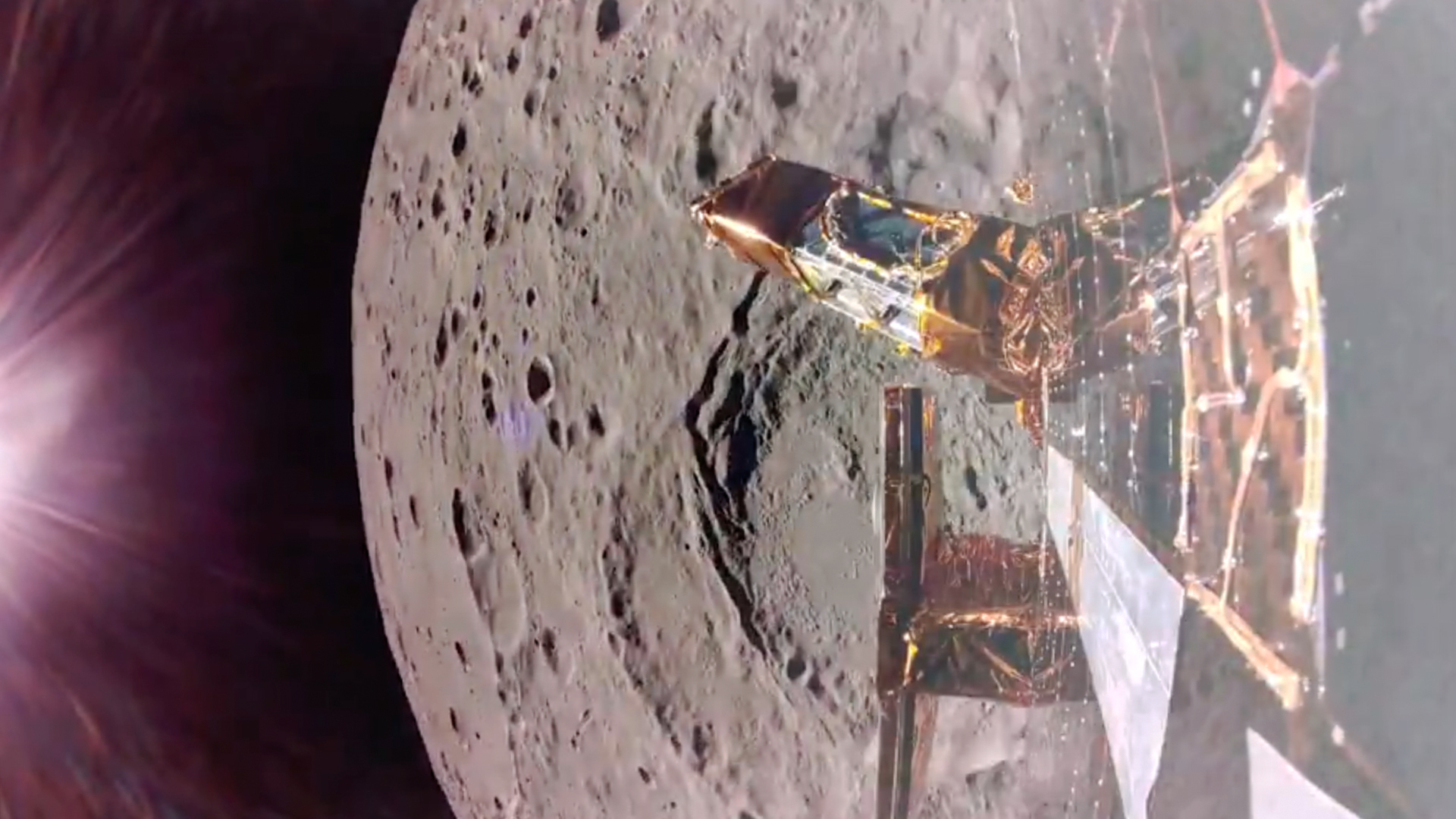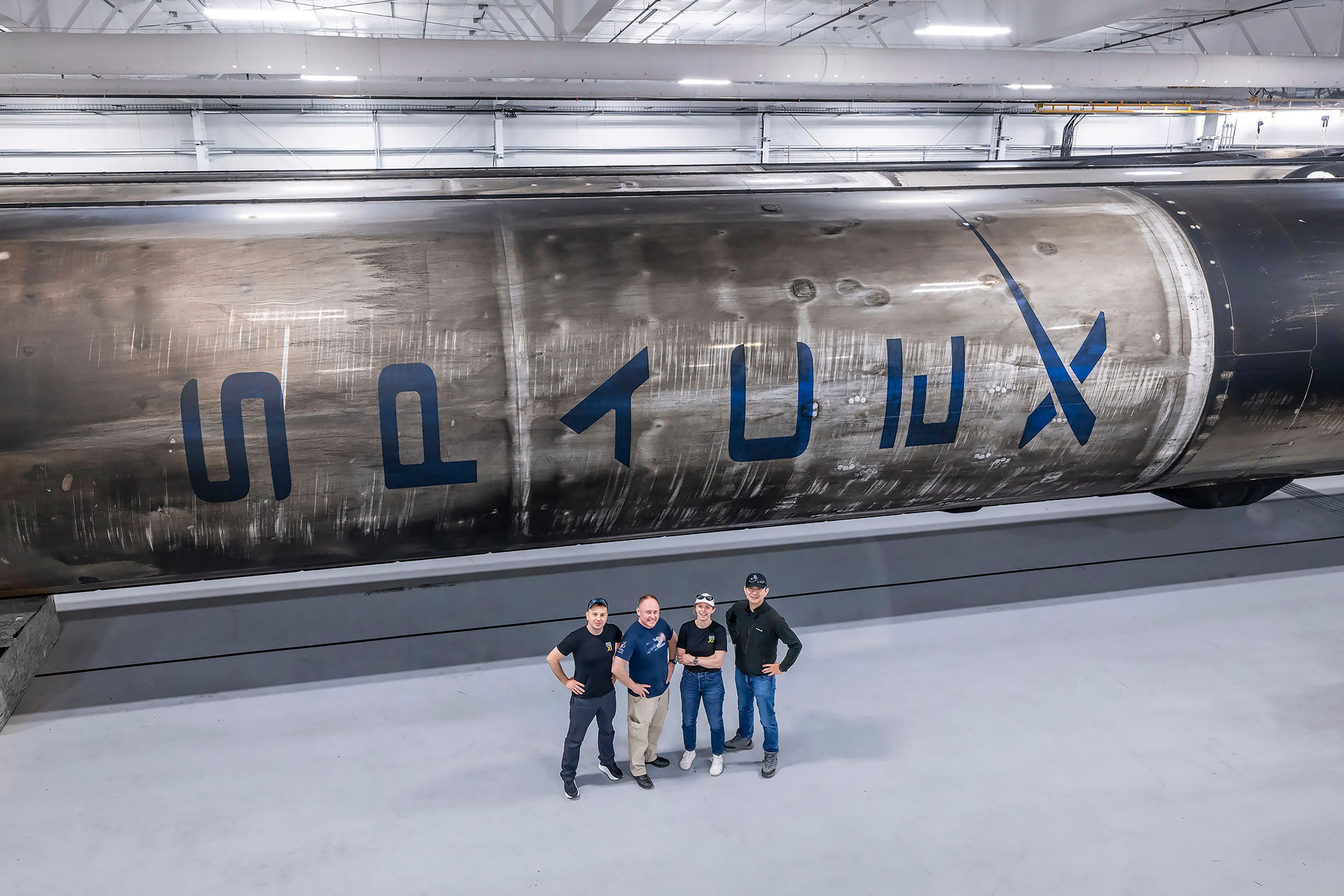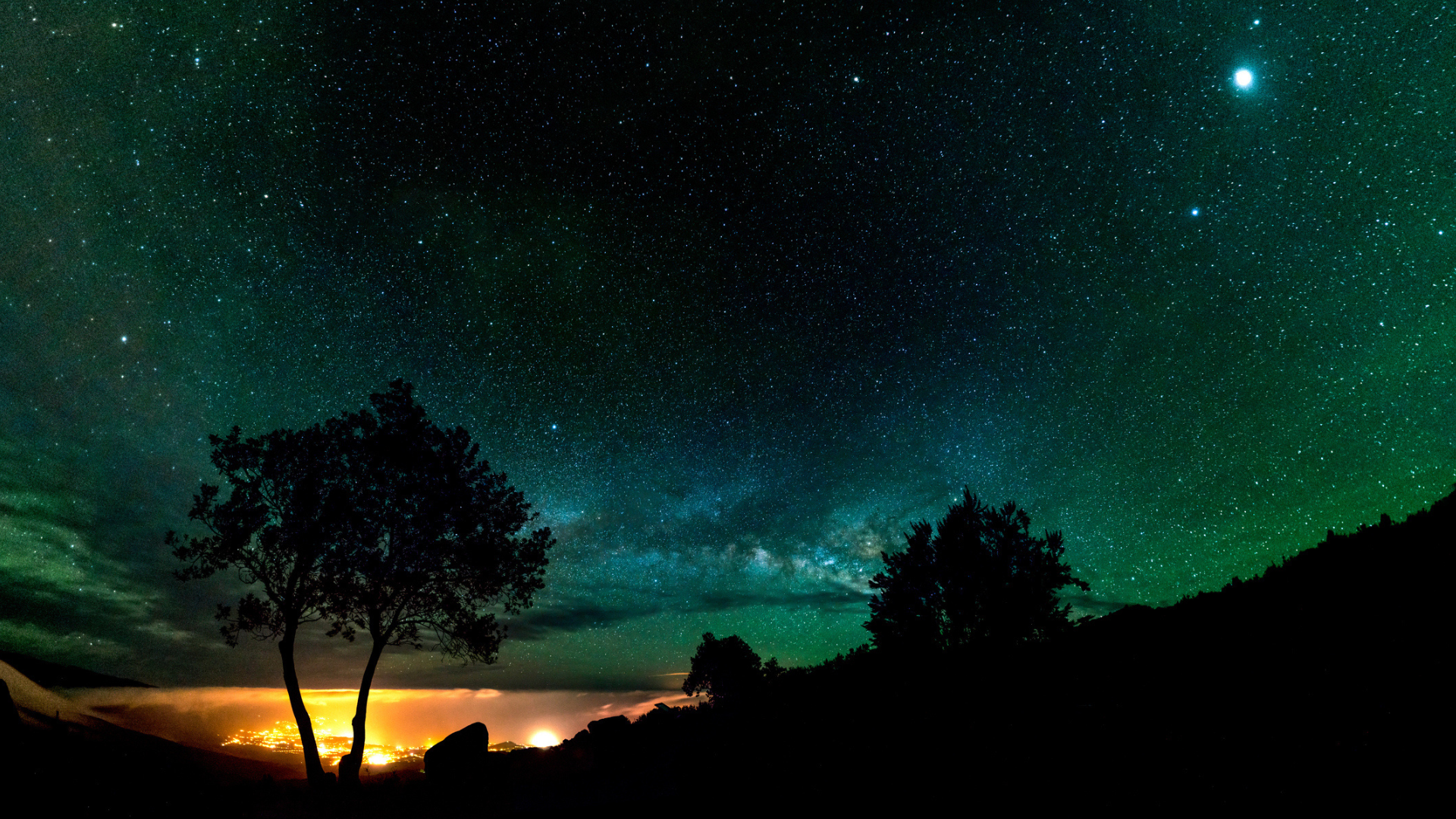
People who buy joyrides to the final frontier could soon find an additional charge on their bill.
U.S. Rep. Earl Blumenauer (D-Oregon) plans to introduce legislation called the Securing Protections Against Carbon Emissions (SPACE) Tax Act, which would impose new excise taxes on space tourism trips.
"Space exploration isn't a tax-free holiday for the wealthy. Just as normal Americans pay taxes when they buy airline tickets, billionaires who fly into space to produce nothing of scientific value should do the same, and then some," Blumenauer said in a statement issued by his office.
"I'm not opposed to this type of space innovation," added Blumenauer, a senior member of the House of Representatives' Ways and Means Committee. "However, things that are done purely for tourism or entertainment, and that don't have a scientific purpose, should in turn support the public good."
Related: Jeff Bezos launches into space on Blue Origin's 1st astronaut flight
Blumenauer unveiled the SPACE Tax Act idea on Tuesday (July 20), the same day that Jeff Bezos' company Blue Origin launched its first crewed spaceflight. On that mission, Blue Origin's New Shepard vehicle carried Bezos, his brother Mark, aviation pioneer Wally Funk and Dutch physics student Oliver Daemen to suborbital space and back.
Bezos' flight came just nine days after fellow billionaire Richard Branson flew on the first fully crewed spaceflight of Virgin Galactic's VSS Unity suborbital spaceliner.
Get the Space.com Newsletter
Breaking space news, the latest updates on rocket launches, skywatching events and more!
Blue Origin has already begun commercial operations — Daemen was a paying customer — and Virgin Galactic aims to do so early next year, after performing a few more test flights this fall.
Virgin Galactic's most recently stated ticket price was $250,000. Blue Origin has not revealed its prices yet, but they're thought to be in the six figures as well. (Someone paid $28 million for a New Shepard seat in an online auction last month, but that was a special circumstance. The still-anonymous auction winner was supposed to fly on the July 20 mission but later backed out, and their seat was filled by Daemen.)
The proposed new tax would likely be levied on a per-passenger basis, as is done with commercial aviation, the statement said.
"Exemptions would be made available for NASA spaceflights for scientific research purposes," the statement reads. "In the case of flights where some passengers are working on behalf of NASA for scientific research purposes and others are not, the launch excise tax shall be the pro rata share of the non-NASA researchers."
There would be two taxation tiers, one for suborbital flights and another for missions that reach orbit. The statement did not reveal how much the tax would be in either case or if the collected revenue would be earmarked for any specific purpose.
Such a purpose could be the fight against climate change, if the proposed act's full name is any guide. Blumenauer is concerned about the potential carbon footprint of the space tourism industry once it gets fully up and running, the statement said.
Mike Wall is the author of "Out There" (Grand Central Publishing, 2018; illustrated by Karl Tate), a book about the search for alien life. Follow him on Twitter @michaeldwall. Follow us on Twitter @Spacedotcom or Facebook.
Join our Space Forums to keep talking space on the latest missions, night sky and more! And if you have a news tip, correction or comment, let us know at: community@space.com.

Michael Wall is a Senior Space Writer with Space.com and joined the team in 2010. He primarily covers exoplanets, spaceflight and military space, but has been known to dabble in the space art beat. His book about the search for alien life, "Out There," was published on Nov. 13, 2018. Before becoming a science writer, Michael worked as a herpetologist and wildlife biologist. He has a Ph.D. in evolutionary biology from the University of Sydney, Australia, a bachelor's degree from the University of Arizona, and a graduate certificate in science writing from the University of California, Santa Cruz. To find out what his latest project is, you can follow Michael on Twitter.










